
25 Jun 2004

Fahrenheit 9/11
Michael Moore's view on how the Bush administration allegedly used the tragic events on 9/11 to push forward its agenda for unjust wars in Afghanistan and Iraq.
Bunkers, mines and barbed wire are removed to recover the pre-war landscape.

25 Jun 2004

Michael Moore's view on how the Bush administration allegedly used the tragic events on 9/11 to push forward its agenda for unjust wars in Afghanistan and Iraq.
01 Jan 1947
This "March of Time" entry examines the many problems, both human and economic, that faced the Allies in their respective zones of Germany -- USA, England and Russia -- following the end of World War II, and the Allied occupation of what was left of the country following the Nazi reign of Adolf Hitler. The Cold War issues had not yet fully surfaced, so this entry, with fleeting glances into each Zone of the time, traced what economic recovery had been made by the end of 1946, and how the average German citizen of 1946 was living...or getting by.
28 Nov 2007
Documentary that shows the changing attitude towards immigrant labor in The Netherlands. The documentary follows three immigrants that arrived in Holland 30 years ago to work in a bakery.
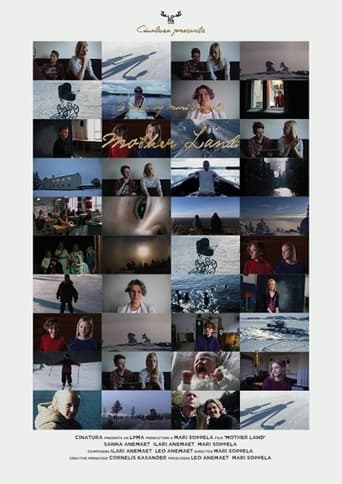
02 Feb 2022

When filmmaker Mari Soppela took her children and husband to live for a year on a sacred mountain in her native Finland, she was fulfilling a lifelong dream to share the arctic wilderness of her childhood with her family. But when years later her children turn the camera onto her, she is forced to confront her motivation for filming their lives in this searching and searingly honest cinematic exploration of identity, belonging and motherhood. Filmed over the course of 27 years, Mother Land challenges us all to examine the landscapes we carry within us and the narratives we create to make sense of our lives.
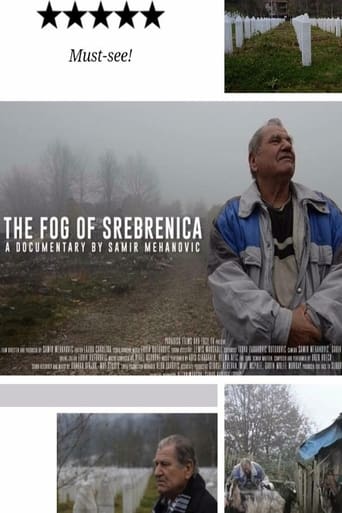
30 Sep 2016

This is the story of survivors of the Srebrenica genocide, the only holocaust in Europe since WWII. 8,372 Bosnian men and boys were killed in one week.Heartbreaking and mind blowing testimonials - the story told by survivors, contrasted by hauntingly beautiful landscapes and horrifying archive. The film portrays extraordinary characters, people who have been struggling to come to terms with the past as well as dealing with the harsh realities of living in one of the poorest countries in Europe. Their stories raise serious and profound questions about the nature of human existence, war and forgiveness.
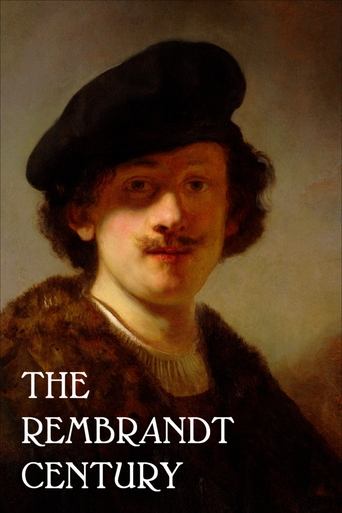
16 Jan 2022

In the 17th century, the Netherlands experienced an unprecedented artistic explosion: painters such as Rembrandt, Vermeer and Hals were so prolific that they were able to make a living from their talent alone; so much so that, within a prosperous society, thanks to wealth from overseas colonies and financial speculation, collecting works of art became a status symbol.
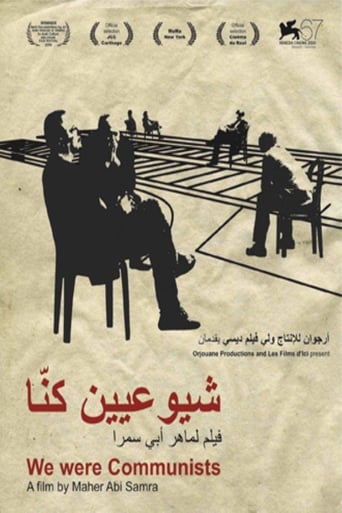
01 Sep 2010

Uninhibited examination of the legacy of Lebanon’s civil war. A reflection on the destinies of comrades who were once bound by ideologies and remain tightly knit friends. The film travels the chimeric and daunting reality of Lebanon's fractured post-war landscape.
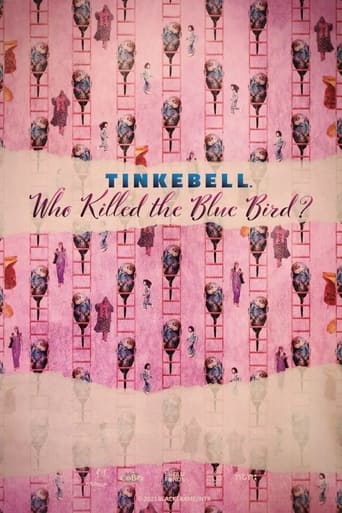
19 Jan 2024

Artist Katinka Simonse, alias Tinkebell, is a controversial, very mediagenic phenomenon. In her universe there is no distinction between life, art and activism; Tinkebell is her own work of art. Everything she encounters on her life path can become part of her story. Filmmaker Judith de Leeuw was given access to all images about Tinkebell, including her entire private archive. She thus constructed an archive film about how as a human being, living on the ruins of the past, you can be a character in your own story. What is the price you can afford if you continue to believe at any cost?
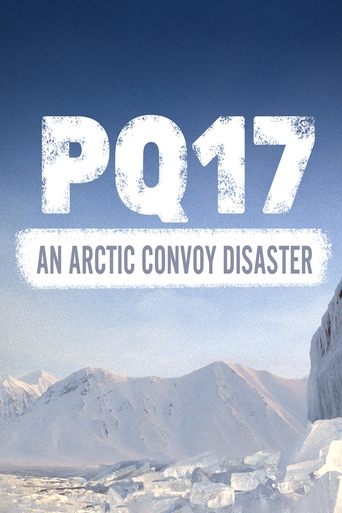
02 Jan 2014

Jeremy Clarkson tells the dramatic story of the Arctic convoys of the Second World War, from Russia to the freezing Arctic Ocean.
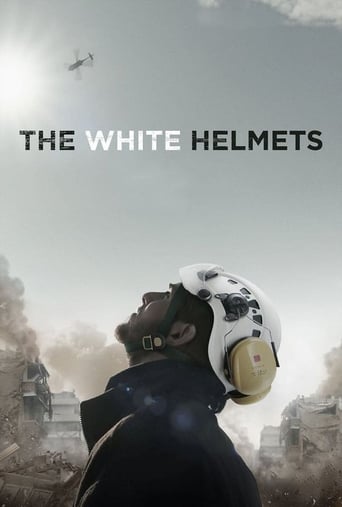
16 Sep 2016

As daily airstrikes pound civilian targets in Syria, a group of indomitable first responders risk their lives to rescue victims from the rubble.
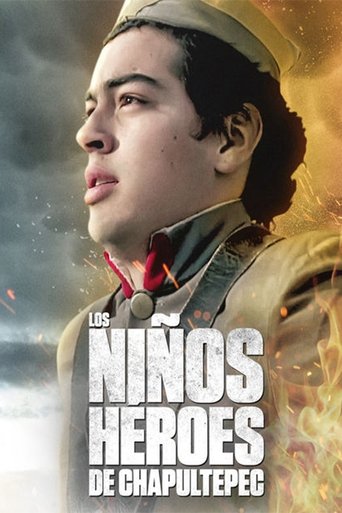
14 Feb 2017

No overview found
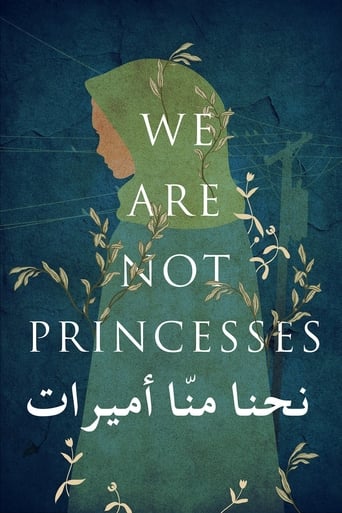
14 Nov 2018

We Are Not Princesses is a documentary film about the incredible strength and spirit of four Syrian women living as refugees in Beirut as they come together to tell their stories of love, loss, pain and hope through the ancient Greek play, Antigone.
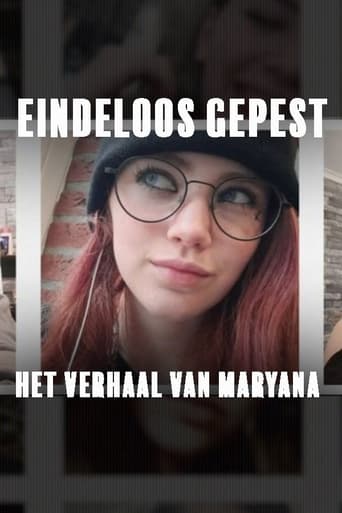
08 Feb 2022

Maryana came to the conclusion that she no longer wanted to live because the bullying became unbearable. Based on stories from her family, teachers, friends and classmates, we get an idea of who Maryana was and what kept her busy. All relatives have the same message: let's learn from this and ensure that this does not happen again in the future.
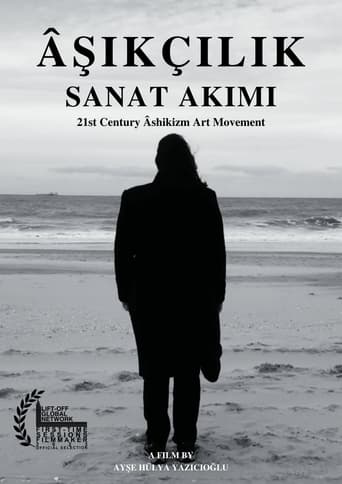
18 Nov 2022

The sound of centuries-old Adhan in Turkey, the sound of centuries-old church bells and the polyphonic music of Europe echo in our memory. Our traditions and our future determine our present. In the present tense, the sounds of the war's sirens are mixed with the sound of Adhan and church bells. How can people hear themselves? How can humans exist?
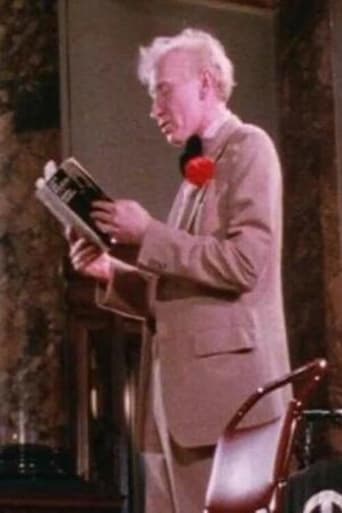
25 Nov 1981

An event organised by CND pits the bomb against poetry. Hear artists who hoped that words and rhymes could put an end to destructive times.
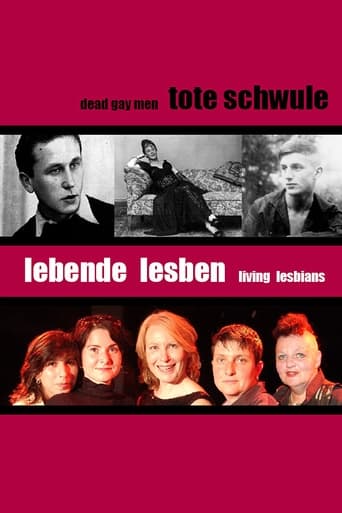
09 Feb 2008

As a result of the Holocaust and later, AIDS, the male homosexual community has sustained bitter losses and, according to Praunheim, lesbian women have now placed themselves at the head of the so-called queer movement. The female protagonists in the film represent two different generations; they also incorporate the past and present status of homosexuals in society.
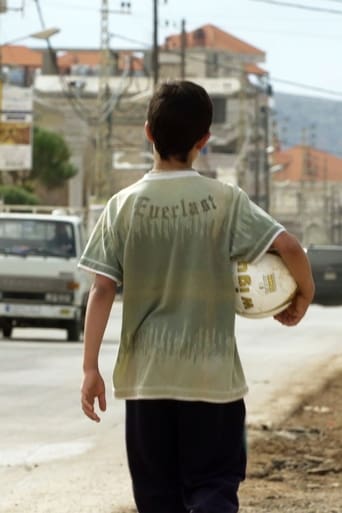

No overview found
01 Jan 1945
1945 film that reveals the training that Alsatian dogs would have received for war as well as for non-combative work. (source: BFI, https://www2.bfi.org.uk/films-tv-people/565ce2f7cd29a)

25 Mar 2006

A thought-provoking documentary on the current and historical causes of the Israeli-Palestinian conflict and U.S. political involvement.

14 Oct 1977

Caudillo is a documentary film by Spanish film director Basilio Martín Patino. It follows the military and political career of Francisco Franco and the most important moments of the Spanish Civil War. It uses footage from both sides of the war, music from the period and voice-over testimonies of various people.